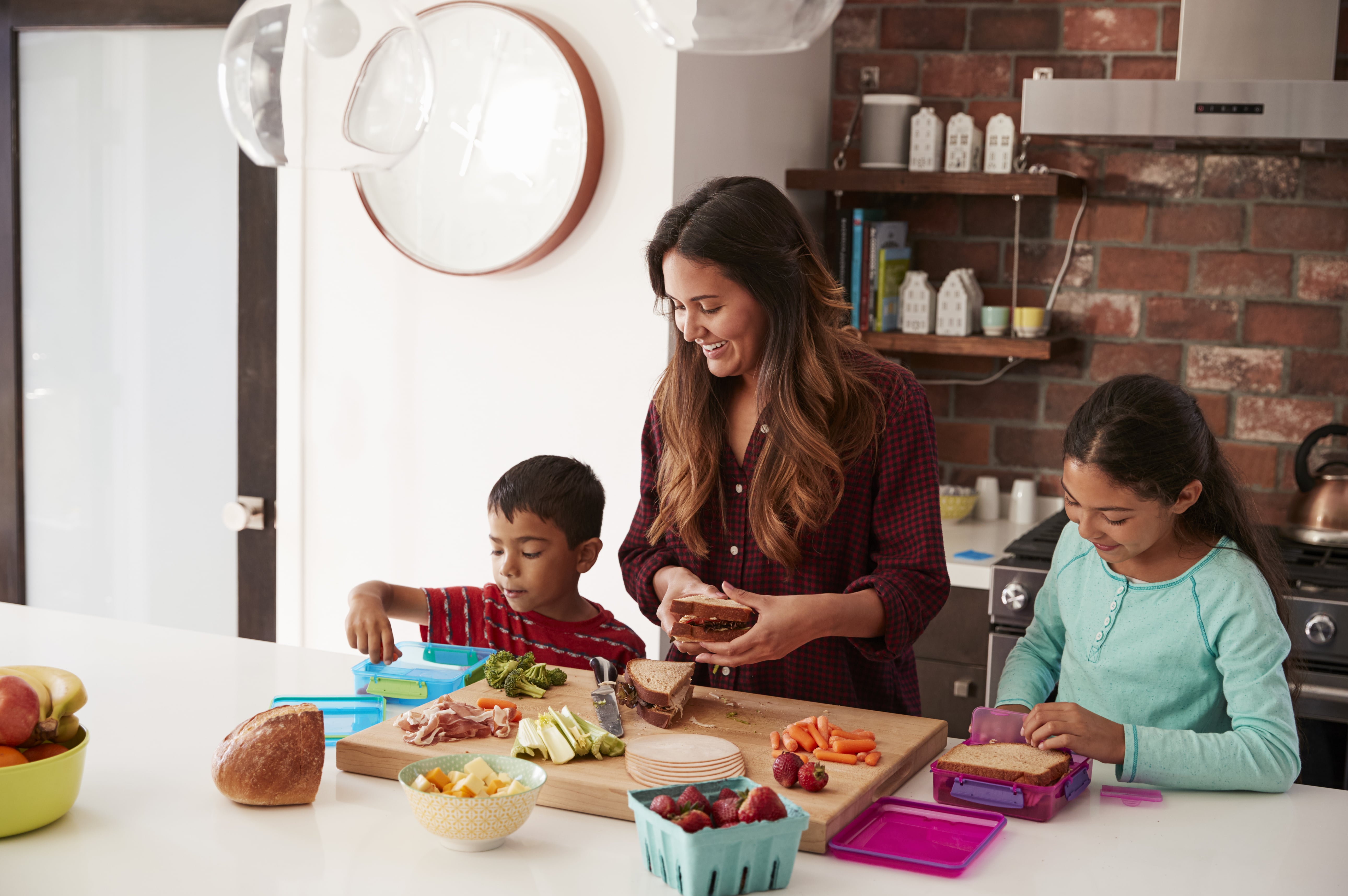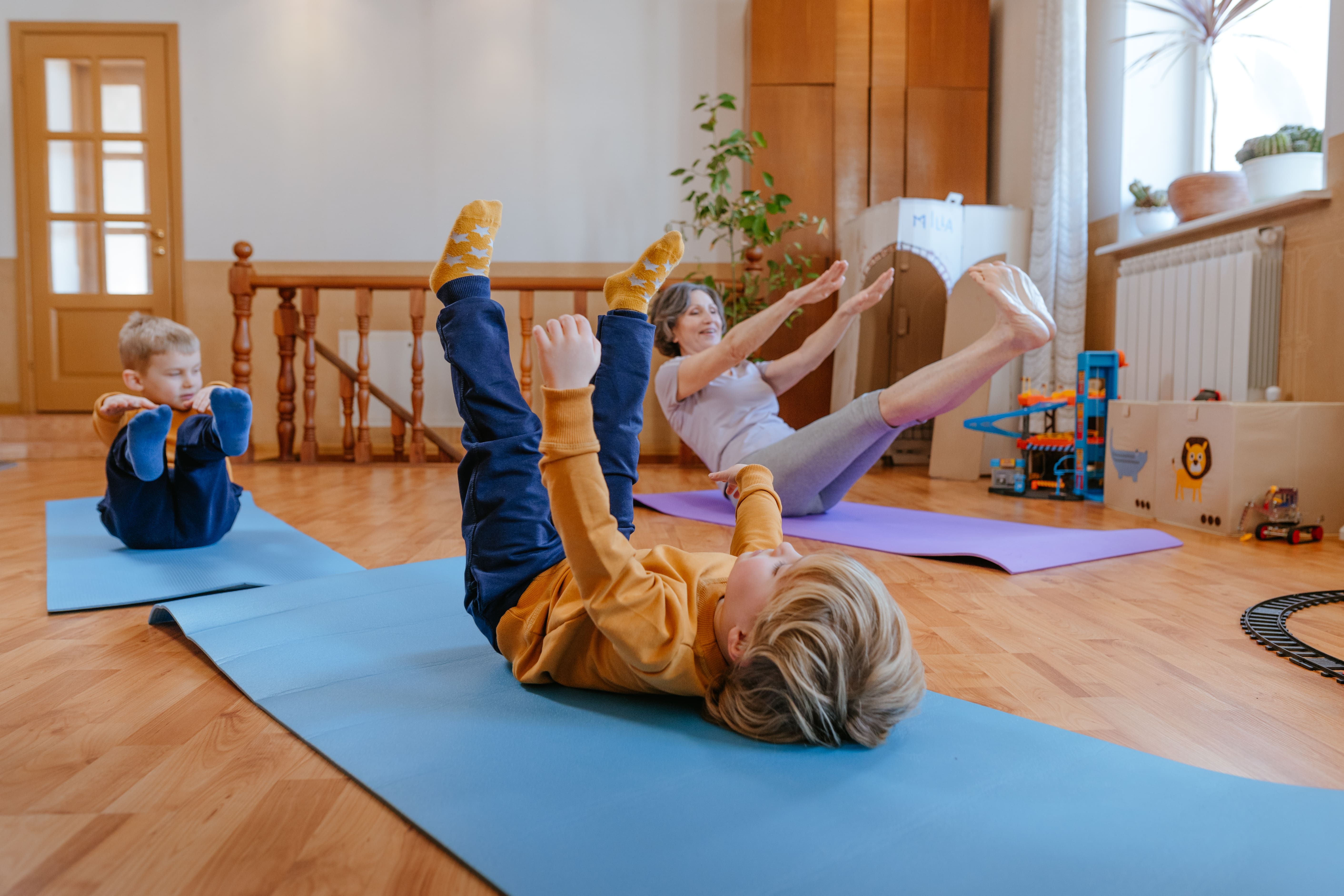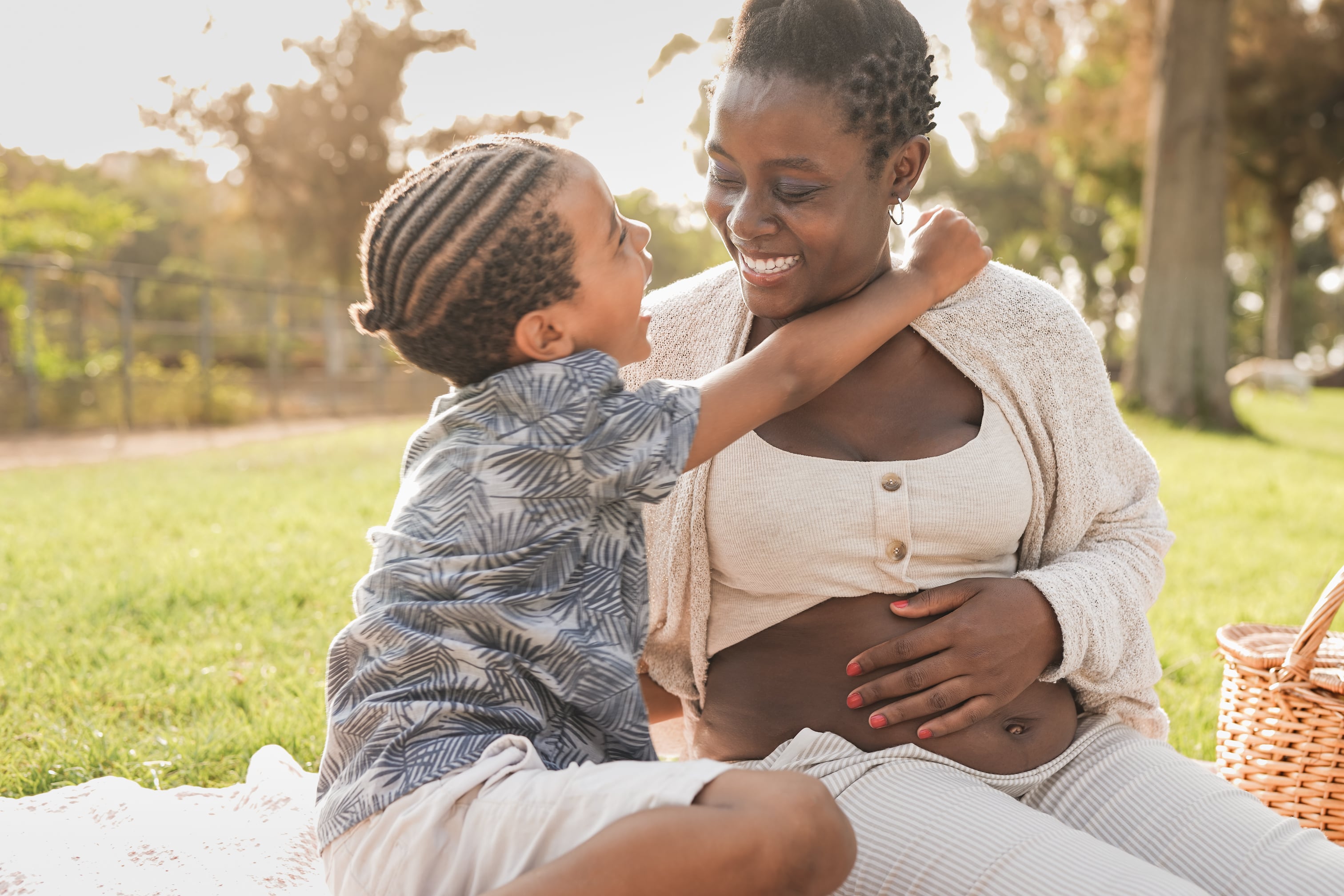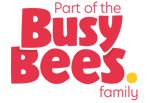This blog post provides a comprehensive guide for parents to prepare their child for the first day of Kindergarten, including tips on establishing routines, fostering independence, and enhancing social and emotional readiness.
Starting Kindergarten is a significant milestone in a child's life, marking the beginning of their formal education journey. As a parent, you want to ensure that your child is ready to embrace this new adventure with confidence and excitement. This guide will help you prepare your child for the first day of Kindergarten, making the transition smooth and enjoyable for both of you.
1. Establish a Routine
Why It Matters:
A consistent daily routine helps children feel secure and understand what to expect, which is crucial for a smooth transition to Kindergarten.
Action Steps:
- Set a Bedtime: Establish a regular bedtime to ensure your child gets enough sleep. Familiarize yourself with healthy sleep habits for kids of all ages.
- Morning Routine: Practice a morning routine that includes waking up, getting dressed, eating breakfast, and brushing teeth.
- Practice School Schedule: A few weeks before school starts, gradually adjust your child’s routine to align with the school schedule.
2. Foster Independence
Why It Matters:
Kindergarten requires children to manage basic tasks independently, boosting their confidence and self-esteem.
Action Steps:
- Self-Care Skills: Teach your child to dress themselves, use the bathroom independently, wash their hands, and open lunch containers.
- Decision-Making: Encourage your child to make simple choices, such as selecting their clothes or choosing between snacks.
- Problem-Solving: Engage your child in activities that promote problem-solving, such as puzzles and simple household tasks.
3. Develop Social and Emotional Readiness
Why It Matters:
Developing social and emotional skills is essential for building positive relationships and managing emotions in a new environment.
Action Steps:
- Playdates: Arrange playdates with other children to help your child practice sharing, taking turns, and cooperating.
- Role-Playing: Role-play different school scenarios, such as asking the teacher for help or making new friends.
- Discuss Emotions: Talk about feelings and how to express them appropriately. Teach your child emotional literacy and how to identify and manage emotions like excitement, fear, and frustration.
4. Academic Preparation
Why It Matters:
While academic skills are taught in Kindergarten, a basic understanding of certain concepts can help your child feel more confident.
Action Steps:
- Reading Together: Read books daily to develop a love for reading and improve vocabulary. Discuss the stories and ask questions to enhance comprehension.
- Basic Math Skills: Introduce basic math concepts through everyday activities, such as finding patterns, counting objects, recognizing shapes, and comparing sizes. Discovering math in nature is a great Summer activity to prepare your little one for Kindergarten!
- Writing Practice: Encourage your child to practice writing their name and use simple writing tools like crayons and pencils.
5. Visit the School
Why It Matters:
Familiarizing your child with the school environment can reduce anxiety and make the first day less intimidating.
Action Steps:
- School Tour: Take a tour of the school and visit the classroom, playground, and other key areas.
- Meet the Teacher: If possible, arrange a meeting with the teacher to help your child feel more comfortable.
- Attend Orientation: Participate in any school orientation or open house events to learn more about the school’s procedures and expectations.
6. Communication and Encouragement
Why It Matters:
Open communication and positive reinforcement can help your child feel supported and motivated.
Action Steps:
- Talk About School: Have regular conversations about what to expect in Kindergarten, addressing any questions or concerns your child may have.
- Positive Attitude: Express enthusiasm about starting school and highlight the fun aspects, such as making new friends and learning exciting things. Practicing positive affirmations with your child can help improve their self-confidence and better prepare them for school.
- Celebrate Progress: Celebrate your child’s milestones and efforts, no matter how small, to build their confidence and excitement for school.
Preparing for the first day of Kindergarten is an exciting journey that involves both practical steps and emotional readiness. By establishing a routine, fostering independence, developing social and emotional skills, and engaging in academic preparation, you can help your child feel confident and enthusiastic about starting school. Remember, your support and encouragement play a crucial role in making this transition a positive experience for your child. Here’s to a wonderful start to their educational adventure!
Share your own tips and experiences about preparing for Kindergarten in the comments below! Let’s help each other make this milestone a memorable one for our little ones.







